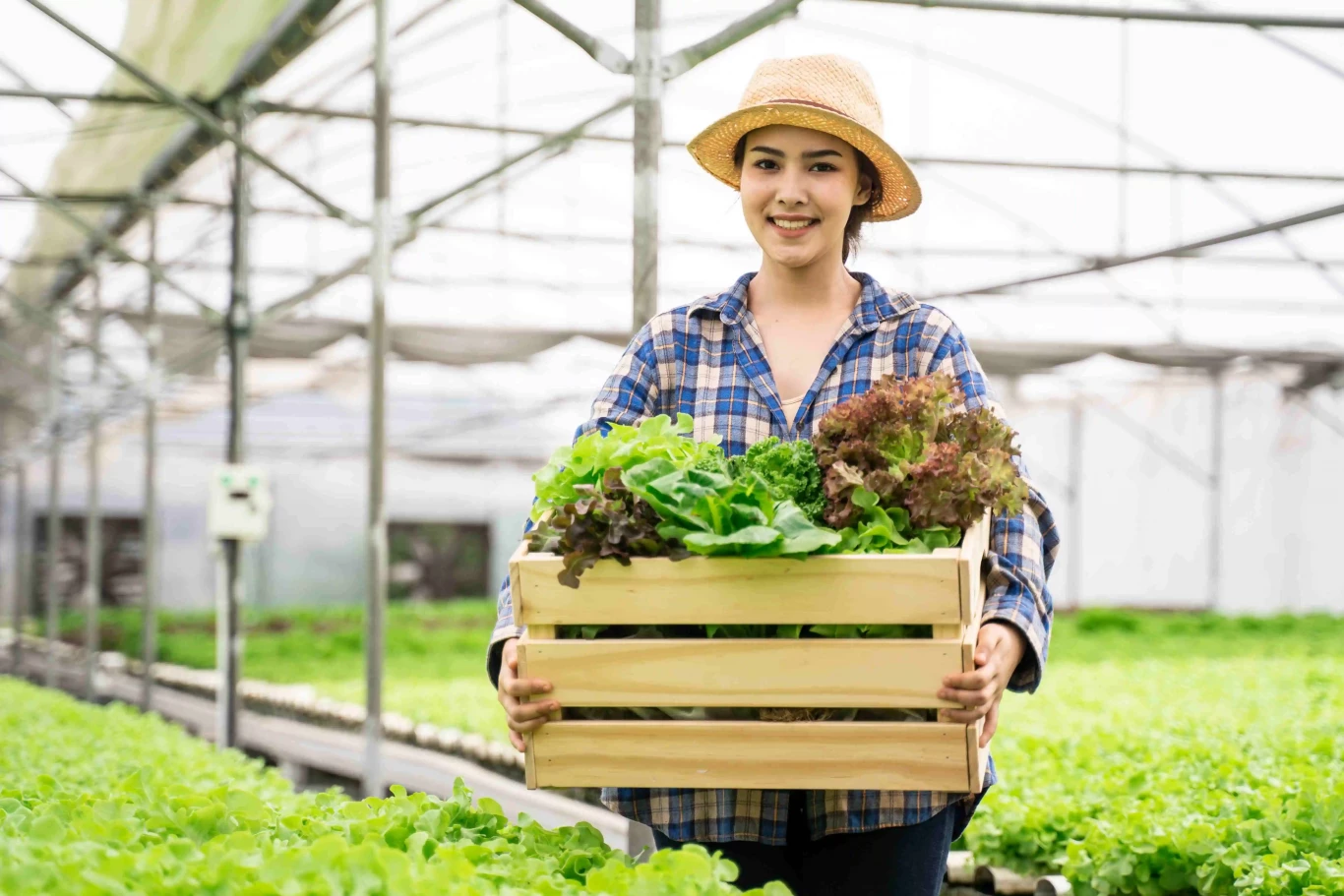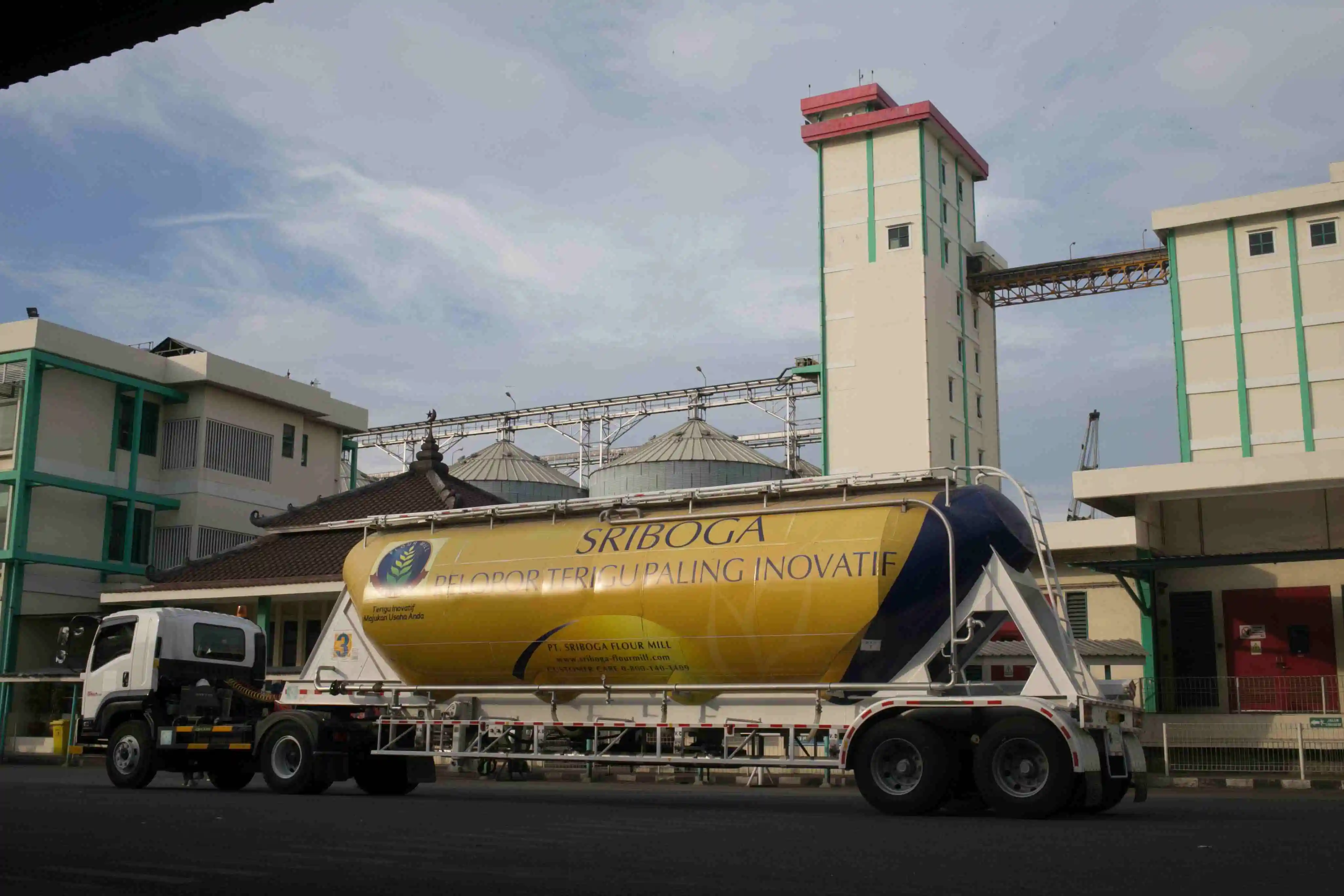

In The Media | Company
Food Industry in Indonesia: Everything You Should Know
08 February 2023
The food industry is a fairly complex industry. The industry covers a wide range of food-related sectors. These sectors include the agricultural, food processing, up to the food service sectors. Covering various different processes, this industry plays a very important role. However, before we discuss the importance of the food industry, let's first discuss what the food industry is.
Food Industry: Definition and Importance
.webp)
Definition of the Food Industry
The food industry is a complex network of diverse businesses that go hand-in-hand providing food for the community. The industry comprises a wide range of fields – including agrichemicals, food processing, packaging and labeling, storage, distribution, regulatory frameworks, financing, marketing, retail, catering, research and development, and education.
When viewed from the stages of food preparation, we can divide these fields into several categories. The initial stage begins with food cultivation, which includes the roles of agriculture, plantations, fisheries, and others. Once cultivated, the food is then processed and prepared for consumption. The business involved at this stage includes packaging and then marketing goods.
Once the food is ready for consumption, it would then need to be distributed, which as the name implies, would require the role of food distributors. They are responsible for transporting packaged goods to wholesalers and retailers to be made available for the end customers. Now, if you think the role of the food industry stops there, you are wrong.
Behind all of those processes, there is research and development done by food scientists and R&D people. Food research and development is carried out to find out what other benefits can be added to food. These benefits include sensory properties, nutritional value, and food safety. This is important so that the food business can improve the quality of food or even present new, better products.
Read also: PT Sarimelati Kencana Tbk and Its Inspiring 35 Years Journey
Importance of the Food Industry
Aside from making tasty and high-quality food available to the community, the food industry is also very important for a country’s economic growth. As can be seen in Indonesia, the food industry contributed 37.82% to the GDP of the non-oil and gas processing industry in the third quarter of 2022. The value of its extraordinary contribution makes the Indonesian food and beverage industry the sub-sector with the largest contribution to GDP.
Third, the food industry also plays an important role in workforce absorption. The agricultural sector, which is part of the food industry, is the largest employer of labor in Indonesia. According to data from Katadata, as of February 2022, as much as 29.96% of the 135.61 million population recorded by the Central Statistics Agency (Indonesian: Badan Pusat Statistik, BPS) is absorbed by the agricultural sector.
Read also: Recalling Top 7 Food and Beverage Trends in 2022
Overview of the Indonesian Food Industry
The food industry in Indonesia is filled with many players from various sectors, ranging from food producers to food-service restaurants. From the agricultural sector, Indonesia is one of the largest producers and exporters of agricultural products in the world. Important commodities produced by Indonesia include palm oil, natural rubber, cocoa, coffee, rice, and spices.
Apart from being one of the largest producers of agricultural products in the world, Indonesia is also the second largest producer of poultry in the Asia Pacific. Not only that, but this country is also one of the largest seafood producers in the world. The next sector in the food industry that we will discuss is the food processing sector. According to a report by the United States Department of Agriculture, this sector comprises approximately 7,868 large and medium producers. Another 1.6 million are considered micro and small-scale producers.
Next, let's look at another sector of the Indonesian food industry, the food service restaurant sector. This sector is one of the sectors most affected by the pandemic, which resulted in a decline in sales. However, this year, the Indonesian government lifted various COVID-related restrictions including hotel and restaurant capacity restrictions, which led to a rapid recovery of the food service sector, opening up opportunities for food imports.
Up to 2020, there were 11,223 culinary businesses throughout Indonesia, according to data from the Central Statistics Agency. A total of 8,042 businesses (71.65%) were in the form of restaurants or luxury restaurants, 269 businesses (2.4%) were in the form of catering, and the remaining 2,912 businesses (25.95%) were included in other categories.
Within the food service sector, there are several emerging trends. These trends include digitization, healthy restaurant concepts, specialty coffee shop chains, cafe and bakery shops, and fast food – where Pizza Hut is one of the leading players.
Read also: Inofa, The Only Heat-Treated Flour in Indonesia
PT Sriboga Raturaya as the Food Industry’s Leader in Indonesia

PT Sriboga Raturaya is one of the leaders in the Indonesian food industry. Founded in 1995, The company started its journey in the industry by becoming a food ingredient manufacturer and produced its first 3 flours: Blue Bear, Red Ribbon, and Tali Emas.
In 2011, the company officially established PT Sriboga Flour Mill, its first food ingredients manufacturing subsidiary. PT Sriboga Flour Mill focuses on providing specialized or custom flour products, they continue to innovate their flour products in line with the growing customer needs.
PT Sriboga Raturaya has another subsidiary engaged in the food ingredients manufacturing sector, PT Mulia Inti Pangan. Previously, PT Mulia Inti Pangan was a division under PT Sriboga Flour Mill. But in 2019, it became a new company that focuses on increasing the benefits and value of wheat flour with technology. With a complete innovation center, PT Mulia Inti Pangan focuses on developing Heat Treated Flour, Premix Flour, Marinades, Seasonings, Fillers and Binders, Food Coatings, and other functional food ingredients.
PT Sriboga Raturaya's activities in the food industry do not stop there. The company is also the franchise owner of 2 global restaurant brands. PT Sarimelati Kencana Tbk, one of the company's subsidiaries, is the franchise owner of the Pizza Hut brand in Indonesia. Since 1987, the company has developed the Pizza Hut brand in Indonesia until it successfully opened its 600th outlet in Makassar last November.
Inspired by Pizza Hut's success and the rising trend of Japanese dishes, PT Sriboga Raturaya established a new subsidiary in 2013, PT Sriboga Marugame Indonesia. This company is the owner of the Marugame Udon franchise in Indonesia. In its first year alone, the company was able to open 3 outlets and since then gradually grew reaching 77 outlets all over Indonesia.
Having been in the Indonesian food industry for decades, PT Sriboga Raturaya understands the importance of halal certification for restaurants in Indonesia. That's why the company obtained halal certification for Marugame Udon — becoming the first Marugame Udon restaurant with a halal certification in the world! Through a long and complex process in finding halal substitute ingredients, the company managed to obtain halal certification for Marugame Udon in 2015 without spoiling the taste of authentic Japanese udon.
PT Sriboga Raturaya continues to improve its performance and give larger contributions to the Indonesian food industry. Visit the link, if you want to see the latest company updates in the industry.
***